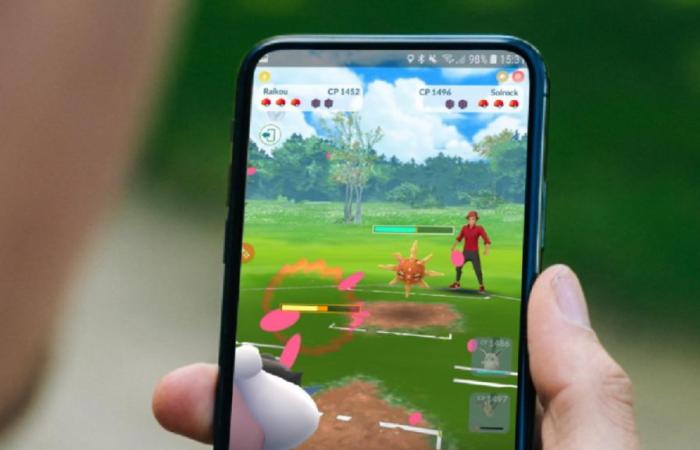
Little by little, artificial intelligence is making its mark in many areas. A new technology that raises many questions, but also causes a lot of controversy. Recently, it’s Niantic’s turn to take an interest in it. The firm, to which we owe the very popular Pokémon GO, decided to use it in the game within the game with the aim of creating a new navigation system capable of competing with the behemoths in the sector. Small problem, the players don’t really agree.
Player data at the service of AI
Pokémon GO was released over 10 years ago, and remains a very popular title. Its player base is therefore rather substantial. Millions of users who represent millions of data launch the title every day. As Ars Technica reports, Niantic used player information to “train” its Scaniverse app to create an AI navigation model in the physical world. A process that the firm explained on its official website.
Over the past five years, Niantic has focused on building our Visual Positioning System (VPS), which uses a single image of a phone to determine its position and orientation using a map in 3D built from people scanning interesting places in our games and Scaniverse.
(Source)
The data collected is colossal. The model draws on more than 10 million locations scanned around the world, with users capturing around 1 million new locations (or scans) each week via Pokémon Go and Scaniverse. These scans come from a pedestrian perspective, capturing areas inaccessible to cars and street-facing cameras.
Through this “collection” Niantic has trained over 50 million neural networks to compress images into digital representations of physical spaces, currently accumulating over 150 billion parameters.
The model, which has therefore accumulated a huge amount of data, can be used in many fields such as robotics, autonomous systems, land use planning and even logistics.
Disillusioned players
Of course, this statement from the studio did not go down well within the community. Certainly, this data collection was undoubtedly specified in the conditions of use of the application, but few people read them.
“It certainly wasn’t unintentional. Most of us knew their business model wasn’t about supporting players.” thus writes a user in the comments of the Reddit publication. In the end, and as many point out, the information was known, but had never been confirmed so openly by Niantic, and openly criticize the company’s lack of transparency.





